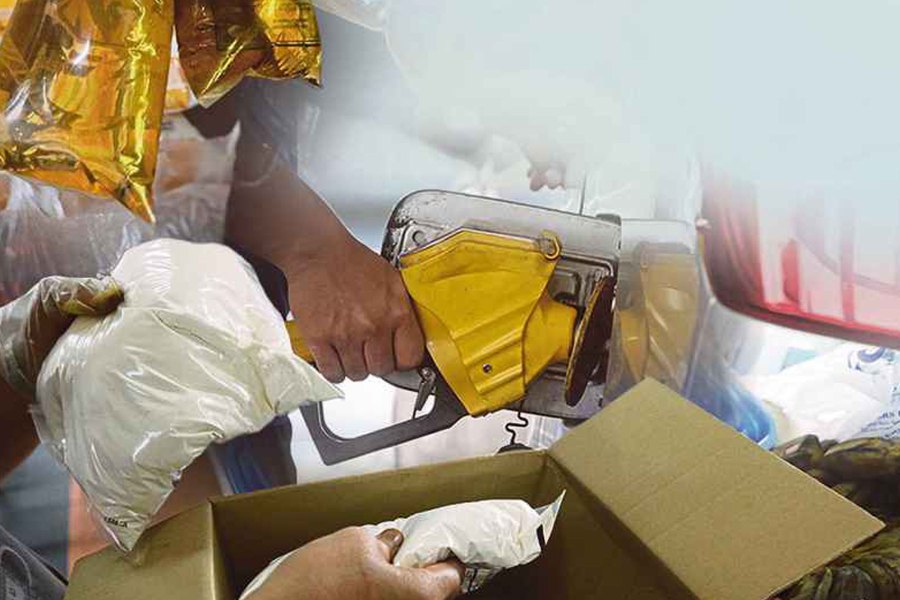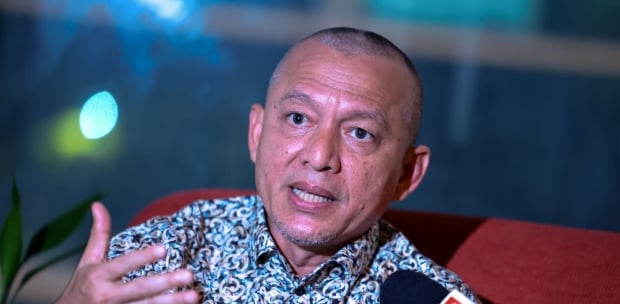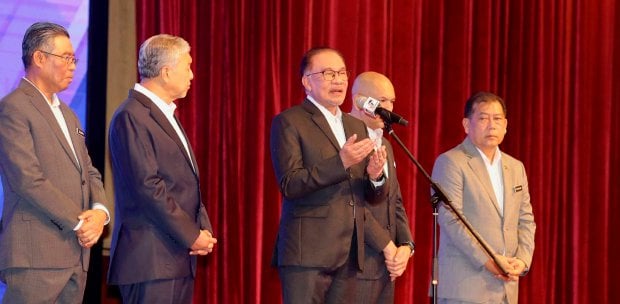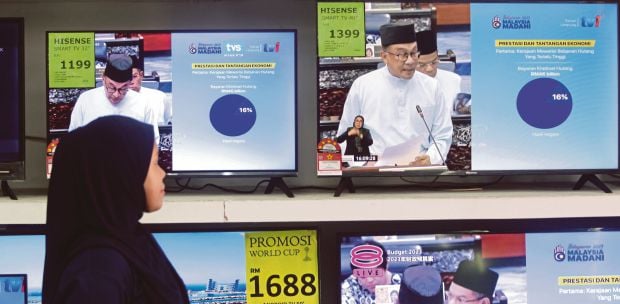Economists laud Prime Minister Datuk Seri Anwar Ibrahim's aim to review the subsidy system but said the current mechanism should remain until 2023.
They said the immediate priority was to table a mini-budget before the year-end to ensure the distribution of subsidies already in place was uninterrupted.
They said this would tame inflation and ensure government operations ran smoothly in the new fiscal year.
Anwar, they said, could press ahead with reforms when his government tabled the new 2023 Budget early next year.
They said reforms should include reducing government spending, slashing income tax, targeted subsidies and reintroducing the controversial Goods and Services Tax (GST).
Associate Professor Dr Ahmed Razman Abdul Latiff said the government should retain the existing subsidy mechanism in the mini-budget to expedite the approval process.
Razman, an economic analyst at Putra Business School, said it was unlikely that a full budget could be tabled by the year-end due to the clashing election pledges of the parties in the unity government.
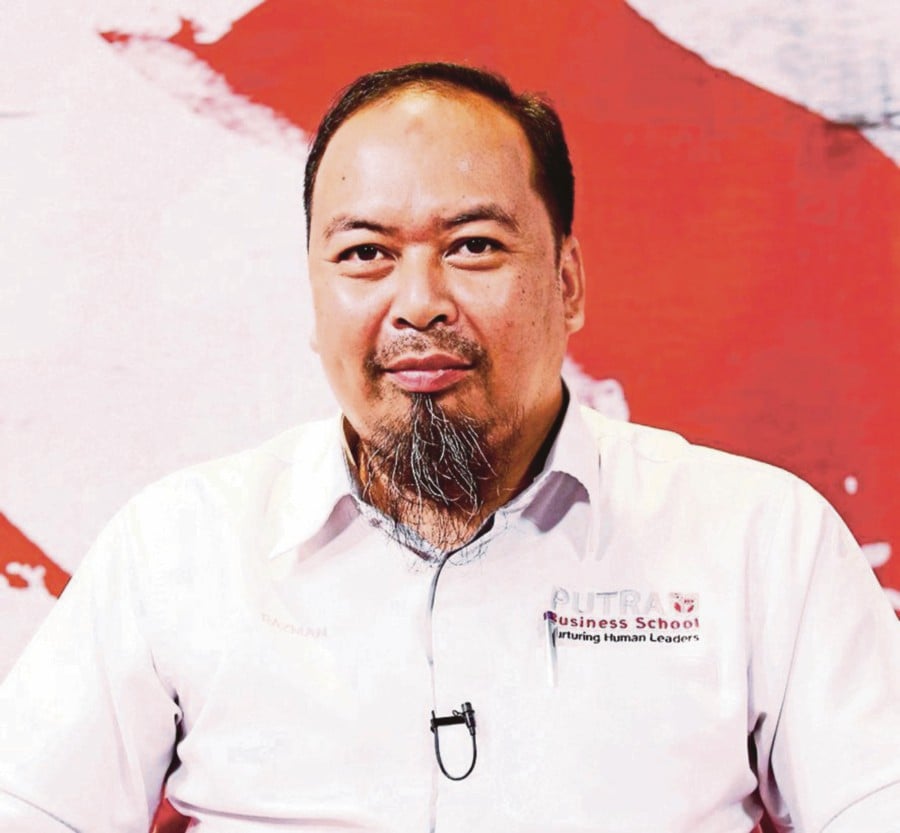
The previous government helmed by Datuk Seri Ismail Sabri Yaakob had tabled the 2023 Budget last month, but the Dewan Rakyat was dissolved for the 15th General Election before it could be passed.
On Nov 22, Ismail Sabri, who was caretaker prime minister at the time, had cautioned that a mini-budget must be tabled before Dec 31 to ensure that civil servants could get their salaries in January.
Dewan Rakyat Speaker Tan Sri Azhar Azizan Harun had stressed that passing the mini-budget was crucial to ensure the government and its services could function smoothly in January.
During his first press conference as prime minister on Thursday, Anwar had promised to pass a spending bill for civil servants' emoluments when the Dewan Rakyat convenes on Dec 19.
Razman said the best time for the new government to table a full budget would be between January and February next year.
The government, he said, should use the database that was set up to distribute the Bantuan Keluarga Malaysia (BKM) aid to roll out targeted subsidies.
"It is not just about the B40, the M40 households in urban areas need help, too. The government should work with the Inland Revenue Board to identify those in the M40 income bracket needing help.
"One effective way of distributing targeted assistance is by giving e-vouchers for those in certain income brackets for selected products and services at a discounted rate," he said.
Centre for Market Education chief executive officer Dr Carmelo Ferlito concurred that a mini- budget could be passed before a full 2023 Budget was tabled.
The full budget, he said, should champion pro-market reforms, such as reining in government spending.
"In the previously tabled budget, operational expenditure such as civil servants' salaries and subsidies, was still very high.
"Unless we improve revenue collection and trim down government spending, debt and inflation will become more serious problems.

"In this context, the government should rethink how goods and services can be provided without the government being the direct employer or developer.
"For example, it should consider allowing private institutions to provide certain public services while supporting the poor with discount vouchers linked to those services.
"This would bring rationalisation since the government usually provides goods and services in a less efficient way than the private sector," he said.
Ferlito said the new budget should also adopt some initiatives proposed under the previous budget, such as tax cuts, grants and loan schemes for small and medium enterprises and the special scheme to attract foreign direct invetments.
Ferlito said the government should also spur entrepreneurship and make enterprises more resilient since they were likely to suffer the most if a global recession occurred next year.
He said Anwar should consider creating a special scheme for microbusinesses, lower income tax, improve revenue collection and reintroduce the GST.
However, Ferlito admitted that this was easier said than done since Pakatan Harapan and Barisan Nasional had differing views on taxation systems.
"The government should also not repeat the mistakes of previous administrations, such as introducing price controls and interfering in labour policies."


